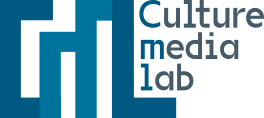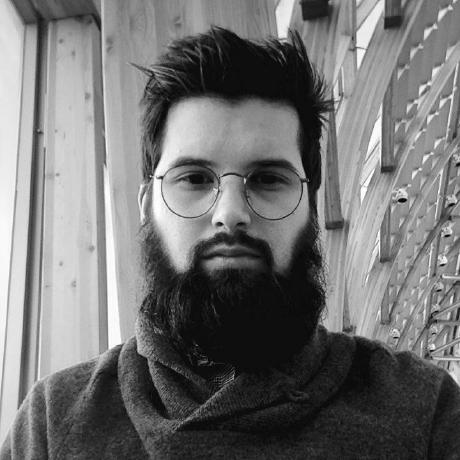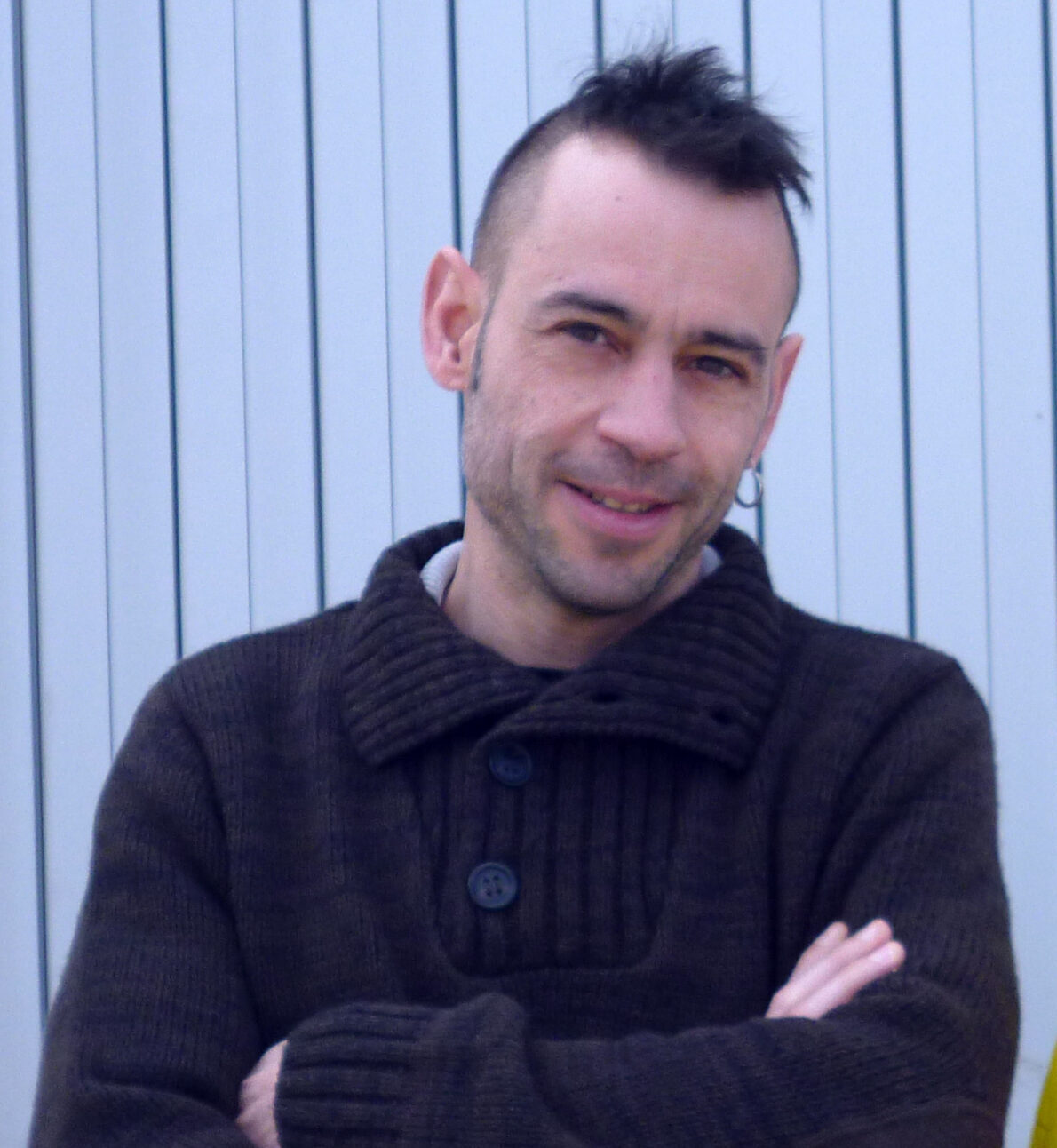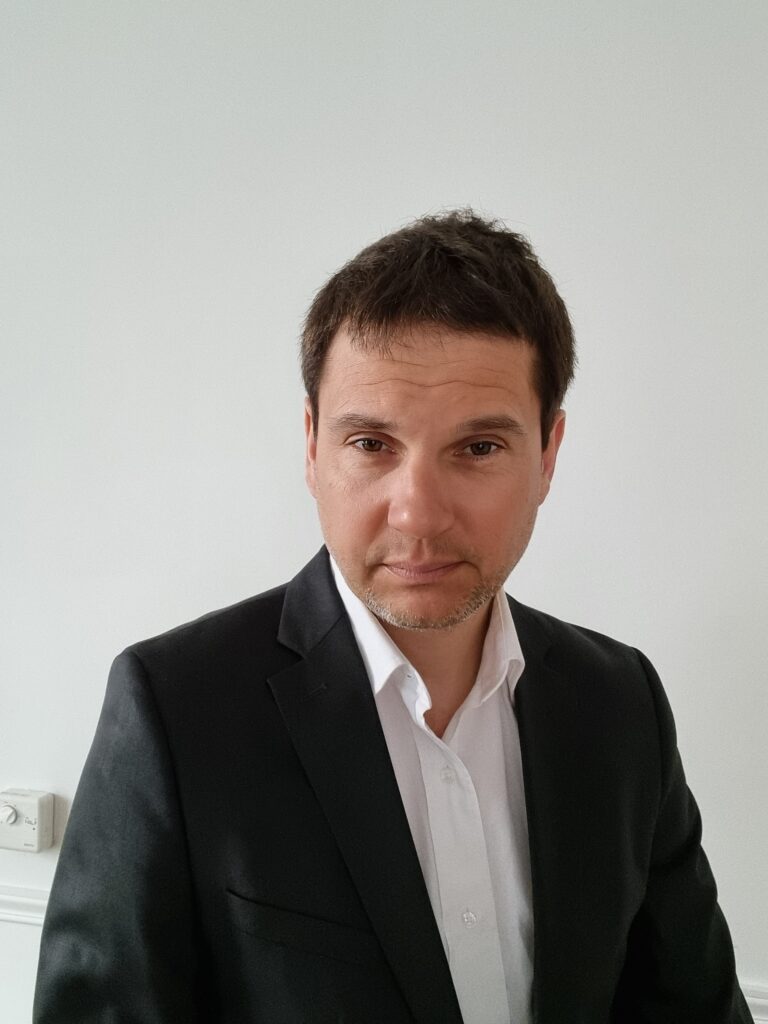
Wikipédia: interview with Lionel Barbe
In this interview that Lionel Barbe gave to Culture Media Lab, he presents the research he is conducting on Wikipedia, around the practices allowed by the encyclopedia, its users and the way they collaborate to further improve the tool.
Going back to the genesis of your work, how did the idea of working around Wikipedia emerge?
It was between 2002 and 2004, I was working on my thesis and studying participatory media on the Web. I discovered that Wikipedia offered a tool that was both extremely simple and efficient, allowing instant publication of content. At that time, all systems were based on a pre-publication validation of the content. Wikipedia proposed the opposite, an instant publication and a posteriori verification that could only work with this new tool, the Wiki, because it allowed to follow in real time all the changes and to go back, the “reverse option”, in one click. This seemed great to me and I also started to study the community dynamics on Wikipedia to understand how people were appropriating this tool.
In what way does this platform have elements that allow us to understand and define a part of the participatory practices at work online today?
In the early 2000s, participatory practices were in their infancy, and many online journalism sites were trying their hand at it, but few succeeded in creating a sustainable model. In the end, we realized that the biggest participants were themselves journalists or professional communicators, the mission of openness did not seem to be achieved. Wikipedia has shown that a strong community can take care of itself, that is to say that it is possible to push the participative aspects much further by entrusting the management of the system to the users themselves, without having recourse to professionals who oversee the media and try to give it a pre-established direction. There is both an incredibly risky and ambitious notion of trust in Wikipedia. Simply put, they hand you the baby and say: it’s yours, do what you want with it, the worst or the best. And in the end, against all odds, we got the best, because the Internet users took hold of it, they felt this freedom and were able to take collective responsibility, without a centralizing authority. It’s interesting, because I later studied participative initiatives in politics, such as asking militants to propose new measures, to participate in a program, etc. And it happens exactly the opposite, the best elements leave and the dynamic quickly dies out. Why does this happen? Because politicians don’t trust their militants, they always want to control everything, to limit everything. This is the best way to disgust vocations and to turn a good project into an empty shell. Wikipedia has shown that a collaborative or participatory project must first belong to its users, that we must give them the governance once the project is launched and assume that it will take directions that we did not necessarily foresee at the beginning.
How has this “user encyclopedia”, which you call an “augmented encyclopedia”, found its way into the work of researchers?
First of all, Wikipedia has made it possible to realize one of the initial promises of the Internet, that of the decentralization of human activities. Of course, this already existed among programmers, hackers, and communities like the Internet Society, but it had not yet reached the general public. This decentralizing dimension was not initially perceived by many researchers in France. But it’s a fundamental groundswell, from TCP/IP to blockchain, via Wikipedia, and that’s why I made it my main research topic. Secondly, Wikipedia deals with the common knowledge of humanity, a subject that is necessarily central to information science, library science, education, and more generally to all human and social sciences. Finally, the stakes of big data, artificial intelligence and automated language processing are necessarily huge around Wikipedia.
It must also be said that from the start, some researchers who were particularly attached to academicism and who sometimes held prestigious positions, loved to hate Wikipedia. They couldn’t stand the fact that the monopoly of knowledge management was slipping away from them. They were culturally technophobic, and because of their historically dominant positions, attached to highly hierarchical systems. Of course, their criticisms had the opposite effect of what was expected, as interest in Wikipedia as a research object increased, and other researchers took it up to demonstrate the efficiency of this new model, especially internationally, as in France it took a long time to recognize all the dimensions of the free encyclopedia.
The 2015 book aimed to analyze the practice of Wikipedia by researchers, the second one is defined more as a guide. What evolution did you want to mark with regard to the object studied and used?
It is above all an evolution of the issues around the encyclopedia that we wanted to mark. In 2015, Wikipedia had become a sufficiently transversal and significant research object that we were able to make it the subject of a colloquium and a first volume, “Wikipedia, unidentified scientific object” published in French, which I think has become a reference in the field. Our twelve contributors, coming from different disciplines in the humanities and social sciences, allowed us to have both a global and a fine vision of the research issues around Wikipedia. At the time, a few teachers were using Wikipedia in their classes, but this remained marginal and the secondary school population remained closed to Wikipedia, especially because of the controversies. But today, in the age of fake news and social networks, the image of the encyclopedia has been reversed, from being a pariah to a reference in the field of knowledge. Even the very serious decoders of the Le Monde group are interested in it and use it to find reliable sources.
The second volume is therefore focused on the issues of knowledge mediation. Indeed, we have noticed a deficit in the use of Wikipedia as a tool for mediation and transmission, whereas the potential is important. We therefore wanted to gather contributions from teachers and researchers who have worked on the issue or conducted workshops and courses using the free encyclopedia. The question of innovation is necessarily transversal in the volume, because the nature of Wikipedia often induces new modes of learning, more collaborative, in which the teacher is more of a science facilitator than a science sink.
What developments can we expect in terms of the uses of the encyclopedia? Has Wikipedia become perfectly legitimate in the world of knowledge?
Wikipedia now has an undisputed place in the world of knowledge, and studies have shown that its reliability is generally good, much better than a large number of information sources on the Web, which makes it a reference. But it is far from perfect, and constructive criticism is generally well received by Wikipedians who strive to improve the efficiency of the collaborative system of editing and monitoring content as it goes along. It is therefore an object that is constantly being improved and that reacts very quickly as soon as a problem is detected thanks to its very active and numerous community and to the very efficient computer tools that are available to the Wikipedians. Moreover, thanks to the Wikidata database which structures part of the encyclopedia’s information, Wikipedia’s information can now be found on the sites of many institutions, in Google results, etc. This is important, because it means that Wikipedia has an important role to play in big data with future impacts in the field of artificial intelligence that will use this data.
Mots-clés
Last news

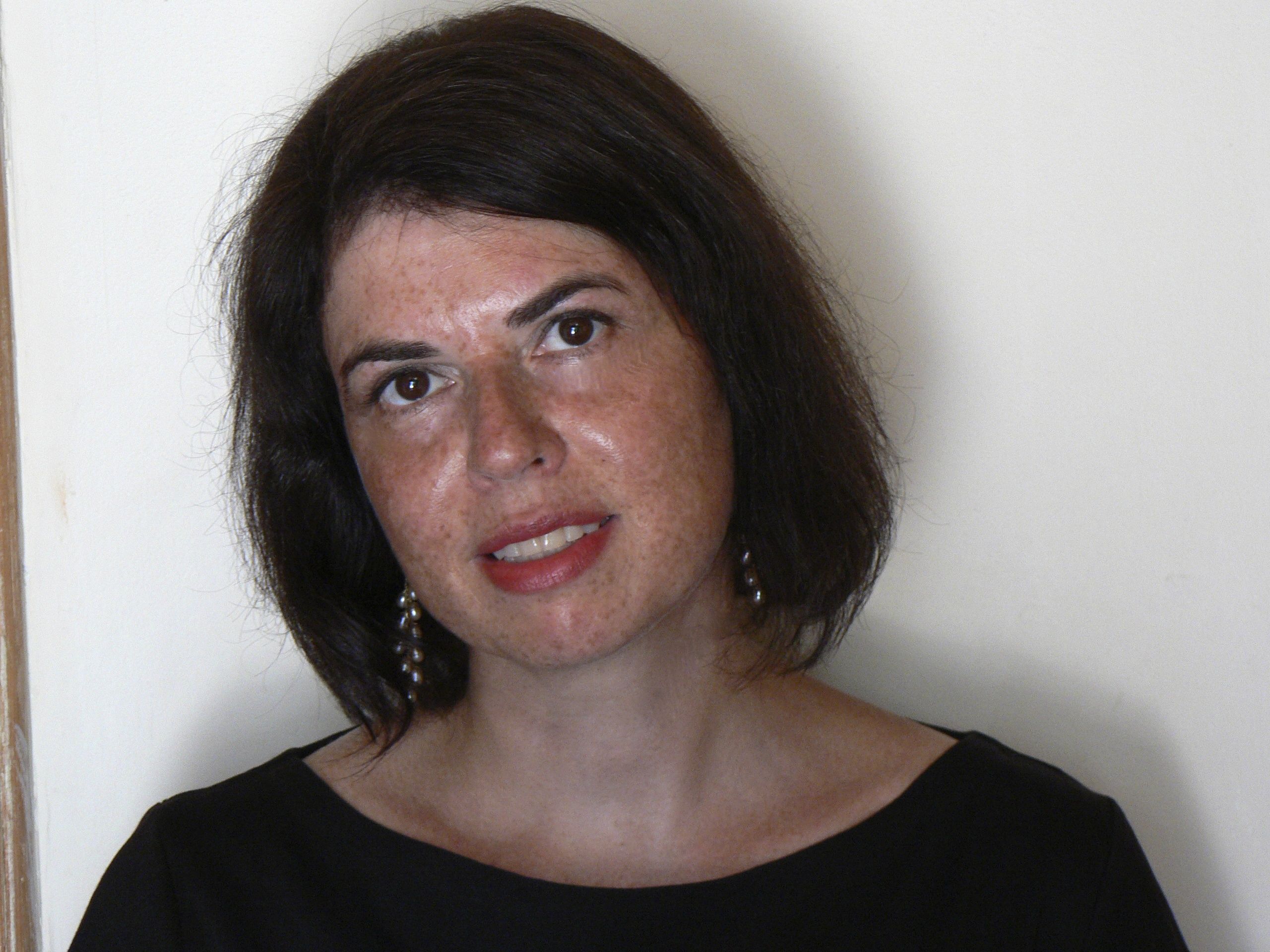
Notes
The two volumes “Wikipedia, unidentified scientific object” and “Wikipedia, object of mediation and transmission of knowledge”, are available in full version online at OpenEdition.org:
